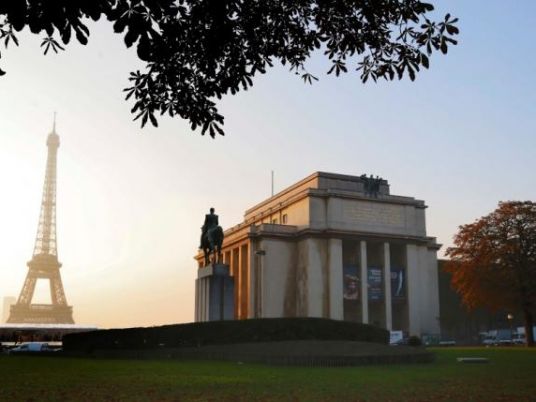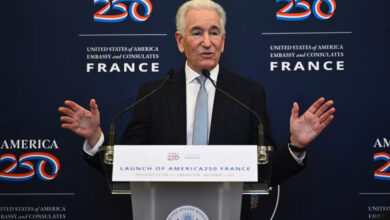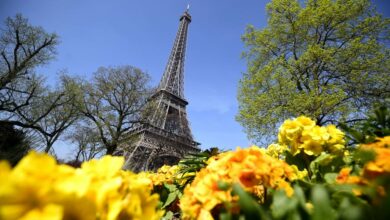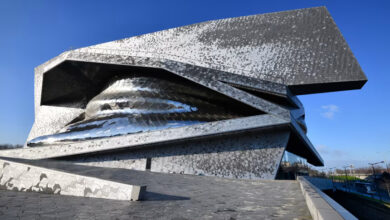
The Museum of Mankind in Paris re-opens its doors this week after six years of renovations that have breathed new life into France's leading anthropological museum.
President Francois Hollande inaugurated the Musee de l'Homme on Thursday after the institution, which opened in 1937 on a hill across the Seine river from the Eiffel Tower, completed a facelift costing more than 90 million euros (US$103 million).
The museum shut for renovation in 2009 as visitors numbers dwindled following former President Jacques Chirac's decision a few years earlier to move its ethnographic collections to the then-new Quai Branly museum.
While the outside of the art deco building remains the same, the museum now boasts 2,500 square meters of revamped exhibits on the history and evolution of mankind.
A permanent exhibition focuses on three key questions, curator Evelyne Heyer said: "Who are we? … Where do we come from? …. Where are we going?"
The museum has some of the largest collections of prehistoric artifacts in the world, as well as now some newly-acquired ethnological artifacts.
On display is a vast array of items including the skulls of a Cro-Magnon, the first early modern human, and of French philosopher and mathematician Rene Descartes, along with a gallery of 19th century busts representing human diversity.
The impact humans have had on their environment is shown with examples such as a large Senegalese bus, a Mongolian hut and modern handmade objects.
"What we would like visitors to come away with … is that the big questions faced by our society currently about man's adaptation to himself are in the end questions that mankind has faced for 10,000 years," deputy curator Jean Pierre Vigne said.
The museum opens to the public on Saturday, with free entry for the first three days.




